When preparing for oral surgery, one of the most important decisions you’ll make with your oral surgeon is selecting the right type of anesthesia. We prioritize your comfort and safety during procedures, offering multiple anesthesia options tailored to your specific needs. Two of the most common choices are IV sedation and local anesthesia—each with distinct benefits and considerations.
Understanding Your Options
Local Anesthesia
Local anesthesia involves injecting medication directly into the treatment area to numb specific tissues. This approach:
- Keeps you fully conscious during the procedure
- Blocks pain signals only in the targeted area
- Allows you to respond to your surgeon’s instructions
- Typically has the shortest recovery time
- Usually costs less than other sedation methods
Ideal for: Simple procedures like straightforward tooth extractions, minor soft tissue surgeries, and patients who prefer to remain fully alert.
IV Sedation
Intravenous (IV) sedation delivers medication directly into your bloodstream through a small needle in your arm or hand. This method:
- Creates a deeply relaxed state often described as “twilight sleep”
- Significantly reduces anxiety and awareness of the procedure
- Often produces partial or complete amnesia of the surgical experience
- Provides more profound pain control when combined with local anesthesia
- Allows the surgeon to adjust sedation levels throughout the procedure
Ideal for: Complex procedures like multiple wisdom teeth extractions, dental implant placement, extensive reconstructive work, and patients with dental anxiety.
Key Factors to Consider
Procedure Complexity
The complexity and duration of your planned procedure play a significant role in determining the appropriate anesthesia option:
- Simple, quick procedures often require only local anesthesia
- Complex or lengthy surgeries typically benefit from IV sedation
- Multiple procedures performed in a single visit may warrant deeper sedation
Anxiety Level
Your comfort level with dental procedures is extremely important:
- If you experience significant anxiety at the thought of oral surgery, IV sedation offers remarkable peace of mind
- For patients with minimal anxiety who prefer awareness, local anesthesia may be sufficient
Medical History
Your overall health and medical history are crucial considerations:
- Certain medical conditions may make one type of anesthesia safer than another
- Current medications might interact with specific sedatives
- Previous adverse reactions to anesthesia require special attention
Recovery Considerations
Different anesthesia options come with varying recovery experiences:
- Local anesthesia: Typically allows you to drive yourself home and resume normal activities shortly after your procedure
- IV sedation: Requires someone to drive you home and supervise your initial recovery; you’ll need to avoid driving, operating machinery, or making important decisions for at least 24 hours
Making Your Decision
We conduct thorough pre-operative consultations to help you select the most appropriate anesthesia option. During this evaluation, we:
- Review your complete medical history
- Discuss your anxiety level and preferences
- Explain the specifics of your procedure
- Answer all your questions about different anesthesia options
- Create a personalized anesthesia plan
Safety Is Our Priority
Regardless of which anesthesia option you choose, our oral surgeon is extensively trained in anesthesia administration and emergency management. Our state-of-the-art facility is equipped with advanced monitoring technology to ensure your safety throughout your procedure.
For patients receiving IV sedation, we maintain continuous monitoring of vital signs including:
- Heart rate and rhythm
- Blood pressure
- Oxygen saturation
- Breathing rate
- Level of consciousness
Schedule Your Consultation
Still unsure which anesthesia option is right for you? We invite you to schedule a consultation with our board-certified oral and maxillofacial surgeon. Together, we’ll develop an anesthesia plan that prioritizes both your comfort and safety.

